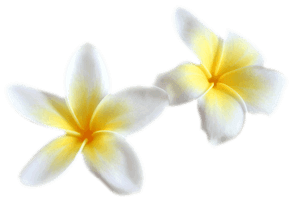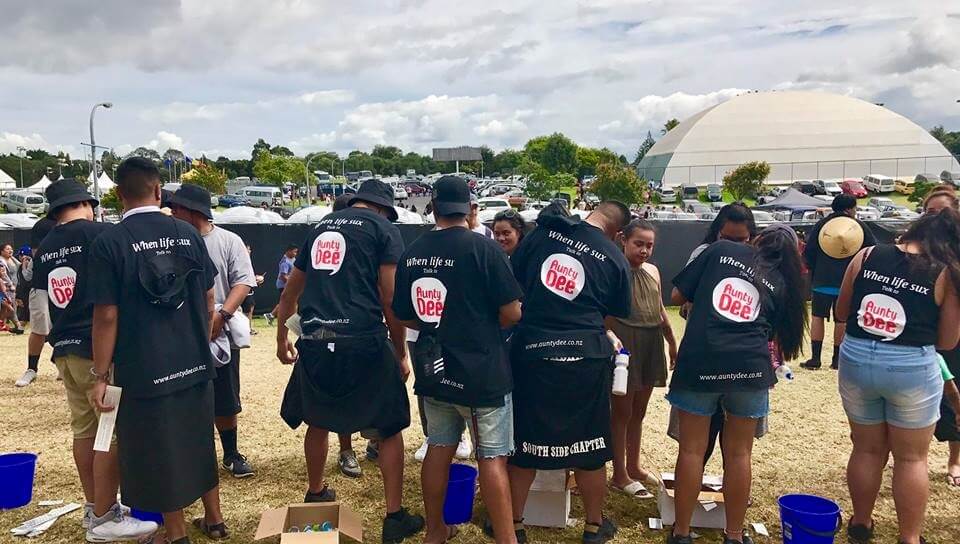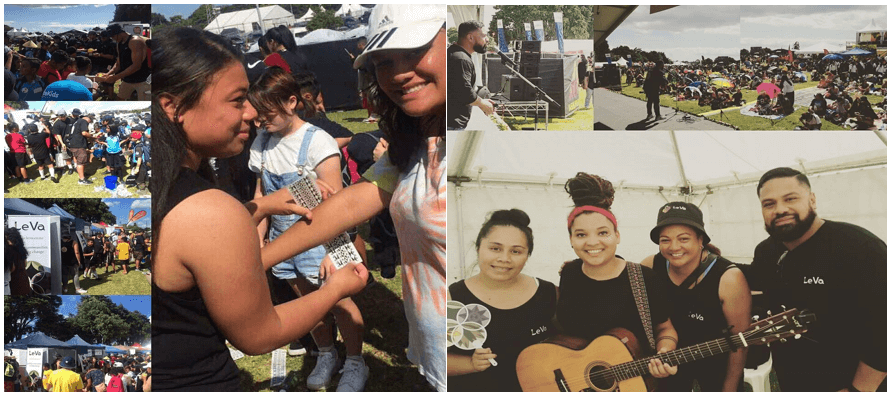
Celebrating Pasifika Culture
Auckland ASB Polyfest and Pasifika, March 2017
Le Va had a strong presence at recent Pasifika events held annually in Auckland showcasing Pasifika talent and culture. This year we provided a space to #Recharge, (recharge mobile phones), #Rehydrate (get a free bottle of water), and #reconnect (free wi-fi available within a radius of our stall).
For those of not aware, you may be wondering what the difference is between the ASB Polyfest and Pasifika Festival. Le Va team member Tanya Zombos, has taken a closer look at both events to identify some of the highlights and challenges these significant annual events provide.

Did you see us there? If you came and connected with us at our stall, to #Recharge your phone, #Reconnect with our free wi-fi, or #Rehydrate with a free bottle of Aunty Dee Water, check out our Facebook Page for all the photo’s that were taken at our #Selfie booth! You can also check out our drone video we took as we were setting up!

Under the microscope
ASB Polyfest is a festival of Polynesian culture, and originated at Hillary College in 1976. What was once envisioned as a small way secondary school students in South Auckland could celebrate culture, could now be deemed as the largest, most successful, celebration of Pasifika culture, in the world!
With 42 years of growth and development under its belt, it’s not surprising that it is now hosts approximately 100,000 visitors per day, over a three-day period, and continues to be a significant event for both school students and their families.
It is arguably the largest Secondary School competition outside of the sports arena. As with preparation for any sports, similarly, students train hard for up to several months leading up to the event, with a fate that relies on impressing the selected judges in an attempt to win the acclaimed titles.
The ASB Polyfest is an inclusive competition. Secondary schools do not discriminate participation within any chosen cultural group. For example, recently other ethnicities have held the role of “Fuataimi” (or “Conductor”) which is a significant role within the Samoan cultural performance. We continue to see growth in other ethnicities participating in cultural performances that are not their own. This is momentous for all Pasifika to ensure both shared knowledge, and acceptance of our cultural differences.
Over time it would be great to see an opportunity for those outside of Auckland participating in the full competition.
We’ve heard claims that Polyfest can negatively impact on school work. Whilst this could be true if we let it be, there is also a lot of opportunity to integrate what they learn through their practice to their academia. After all, any training, whether it be physical or intellectual, requires discipline and capacity building, can be replicated and provides transferrable skills.
A challenge that many Pasifika young people face today, is sometimes a disconnect from their cultural identity, and feelings of inadequacy and non-acceptance. This platform can be used as a trajectory to build confidence, cultural connection, identity, pride, teamwork, time-management, coordination, linguistics, and discipline – if done right! And we know strong cultural identity is essential to strong wellbeing for Pasifika young people – it’s part of Le Va’s Top 5 Tactics for Pasifika wellbeing.
Being part of a Polyfest group is an opportunity for students to build smaller communities of learning within the schools. The bonds that form between participants can be nurtured into great support systems throughout their secondary education.
This is an opportunity for all young, and ‘young at heart’, to connect and learn about Pacific culture. Connecting is also one of of Le Va’s Top 5 Tactics for Pasifika wellbeing. Healthy relationships are vital for wellbeing and young people often find a sense of purpose by connecting through culture with likeminded friends. The importance of these relationships should never be under-estimated, especially when young people go through tough times.
Does media always accurately reflect the purpose and the intended outcomes of the Polyfest? Whilst some media channels did showcase the true highlights of Polyfest, showcasing our true talent, we were really disappointed to see a raft of media focusing on youth violence that occurred near Polyfest.
So, who did win this year? Well it’s not always about who won the title! We are proud of, and want to congratulate, all who participated whole-heartedly and embraced Pasifika culture at its finest! The talent shared and the beauty displayed is admirable. Thank you to the families and teachers who have spent time and effort in supporting our young people through the process – to be the best that they can be!

This year the Pasifika Festival celebrated its 25 year anniversary at Western Springs Park, Auckland. It is different to the ASB Polyfest as it is not a competition. A carefully crafted culmination of Pasifika culture – an opportunity to just relax and enjoy the non-competitive environment with your family and friends, and sample the amazing cuisine from all round the Pacific.
For Le Va’s booth, we focused on having conversations – our resources flew out the door as we discussed wellbeing issues from culture to suicide prevention with our Pasifika Festival attendees.

Bird’s eye view of Pasifika Festival
About 60,000 people attended Pasifika Festival with an amazing youth presence. This may have been because, for the first time, Pasifika Festival was held a week following the ASB Schools Polyfest, whereas in the past it was held pre Polyfest, and young people were too busy polishing their performances to be to attend.
Whilst it was still a fantastic celebration of beautiful Pasifika cultures, we couldn’t help but notice a growing dissatisfaction amongst loyal and life-long supporters, with regards to the perceived over-commercialization of Pasifika Festival. With extremely high costs to hold a stall, limited parking, rising prices of food and arts and crafts, it’s becoming an expensive affair. The Le Va team were told by officials that we were unable to provide free bottled water to people because other commercial bottled water providers were selling water. With the growing evidence of sugar sweetened beverages and links to obesity, one would have thought free bottled water for Pasifika people and their families is a good healthy option. There were also many other restrictions that we were surprised by, such as being forbidden to step too far outside our tent to engage with passersby. We found many of the restrictions were not aligned with the joyful spirit and tapu essence of Pasifika Festival.
Regardless, it is still incredible to have such a significant event, dedicated to all things Pasifika – the largest of its kind in the world! We are proud to be New Zealanders and proud to support Auckland Council who have backed this event we’ve been part of since we were kids. We enjoyed connecting with people, sharing resources, indulging in the delicious food, and feasted our eyes on the beautiful people and performances. Until next year…






